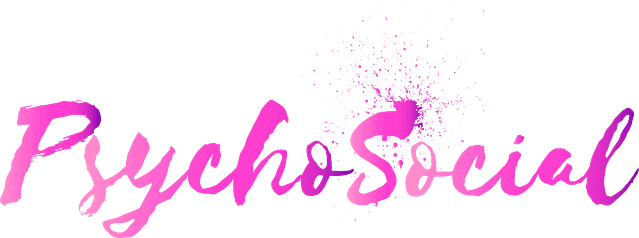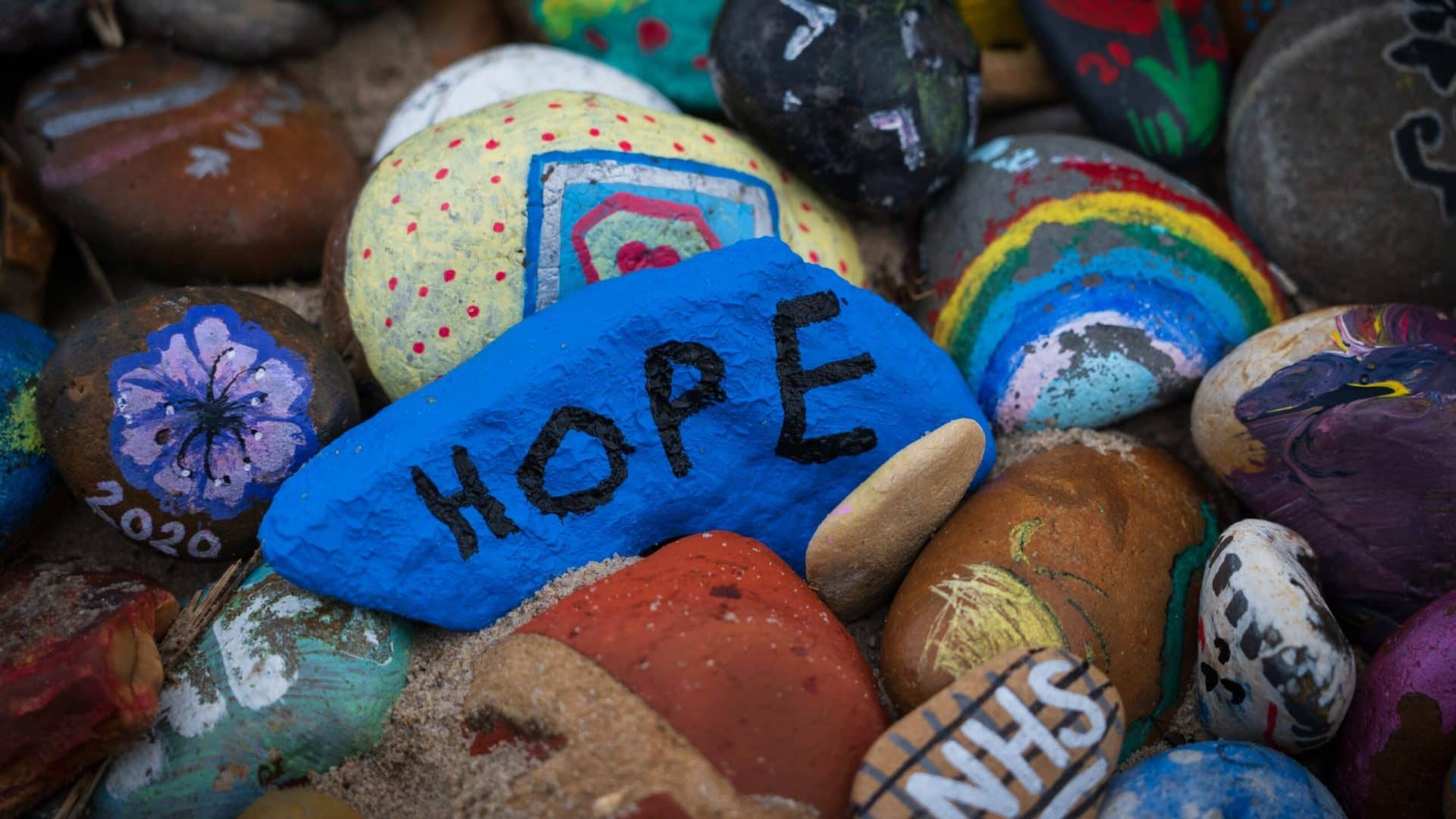2020
“My Journey as a Therapist During a Global Pandemic”
Let me start off by saying that I LOVE being a therapist.
I feel extremely privileged to have found my calling in life; helping people and walking alongside them through their journey has always been my goal. That being said, I was not prepared for 2020. Looking back, I realize I was naïve. I thought “things will be fine” “I am flexible and can adjust to a little change” “I can gain experience doing telehealth, which is something I have never done.” I was wrong.


2020 left me tired, burned out, numb, grieved, and in need of a break. Seriously, I don’t remember a “How to do therapy when the world is going to hell in handbasket” class in graduate school; maybe they covered this on a day I wasn’t there. Just my luck.
As clinicians, 2020 challenged our mental sanity and strength. Our job is to hold a safe space for clients; making them feel safe, respected, and supported in their journey. 2020 had different plans for us. We not only had to remain a source of strength for our clients but also for ourselves and our families. We were working triple duty! I often joked and said I was running on caffeine and adrenaline; when really, I was running on fear and desperation… oh and a lot of coffee.
After a whole month in a new year, I have realized that 2020 was a reality check. Civil unrest, racial injustice, inequity, economic insecurity, political turmoil, oh yeah, and a global pandemic. Did I leave anything out? All while setting up virtual practices and learning to practice our craft through a screen while only being able to see our clients from the neck up. Don’t even get me started on internet connections and having glitches during sessions; if a client is right in the middle of processing something that could be pivotal in their treatment and your connection glitches it can be hard to regain that moment. Needless to say, I have had several heated arguments with my computer and internet router. They know better by now.
Generally, most of us in the field have gone through our own personal treatment and therapy. We are human, we have lives, sorrow, pain, addiction, and anger just like any person who walks into our offices. In one way or another, most of us came into this profession with some healing from our own issues and willing to help others in their own healing journey. But 2020 showed me the cracks… I had become comfortable with my own mental health and had not checked in with myself in a while. 2020 made me realize that if I was going to be able to be an effective therapist I had to go back to the basics; forget all the interventions and fancy theories, checking in with myself and my clients on a human level, and recognizing that life right now is “rough” and that it is ok to feel any sort of way you are feeling was the best thing I could do.
The way I have set up my boundaries and learned to not take the work home is by training myself that once I leave the office my day is done and I leave my work at work. Of course, there have been cases and clients over my career that have made me break that rule, but for the most part, I am pretty able to compartmentalize. But how do I do that now when the office is my dining room table and my therapy room is right next to my bedroom? How do you clock-in or out when you are in your own home? I wish I could say I figured out the magic recipe but I haven’t. Every day is different and my work/life boundaries change as things evolve. Rather than being upset at myself for not setting better boundaries I am honoring the disfunction and taking it one day at a time.
Am I Traumatized?
“I would be lying if a part of me didn’t feel some kind of trauma from the past year.”
Yet, another part of me feels that compared to the hardships of others my “issues” are not as big. I too struggle to validate my pain sometimes. But generally speaking, I don’t think I am traumatized; if 2020 taught me anything it was to be resilient and to be appreciative. I look at my life and work with very different eyes; I feel privileged to continue to do what I love and to continue helping others. I am highly appreciative to have the things I have and no longer focus on what I am lacking. Don’t get me wrong, I have bad days. There are days that my anxiety and depression creep in and stepping out of my home or just taking a shower seems like formidable activities. On the other hand, there are also days where I feel like life is back to normal or some semblance of it and things are fine. Staying in the present is what is helping me the most.
I entered 2021 with the hope of moving forward and focusing on healing. The world is unpredictable and there are so many things we can’t control; focusing on them is not conducive to my healing or journey. As I mentioned before, 2020 taught me to appreciate what I do have. So, in 2021 I want to capitalize on it. Continue working with my clients and get creative with my practice, honor the hard days and the good days, all the same, invest in what brings me joy and happiness, and most importantly making the active choice to see the beauty in life at least once a day.
I hope this piece either normalizes what you have gone through in 2020, gives you hope for a better tomorrow, or at least gives you a different perspective on life.
“Hope is the thing with feathers
That perches in the soul
And sings the tune without the words
And never stops at all.”
–Emily Dickinson
Alejandra is a Registered Licensed Marriage and Family Therapist and Professional Clinical Counselor. She graduated from Brandman University with a Masters in Psychology; she also holds a Bachelor's in Psychology and Criminal Justice from California State University, San Bernardino. Currently, she works for a non-profit organization that provides mental health services to schools in southern California.
In addition, she also works for a private practice where she specializes in working with children, youth, and families suffering from a variety of issues such as academic performance, learning disabilities, depression, anxiety, bipolar, ADHD, Autism Spectrum Disorder, and grief.
-
Alejandra Alvarez, LMFThttps://psychosocial.media/author/aalvarez/August 18, 2020
-
Alejandra Alvarez, LMFThttps://psychosocial.media/author/aalvarez/January 16, 2021
-
Alejandra Alvarez, LMFThttps://psychosocial.media/author/aalvarez/July 21, 2021
-
Alejandra Alvarez, LMFThttps://psychosocial.media/author/aalvarez/July 30, 2021
























